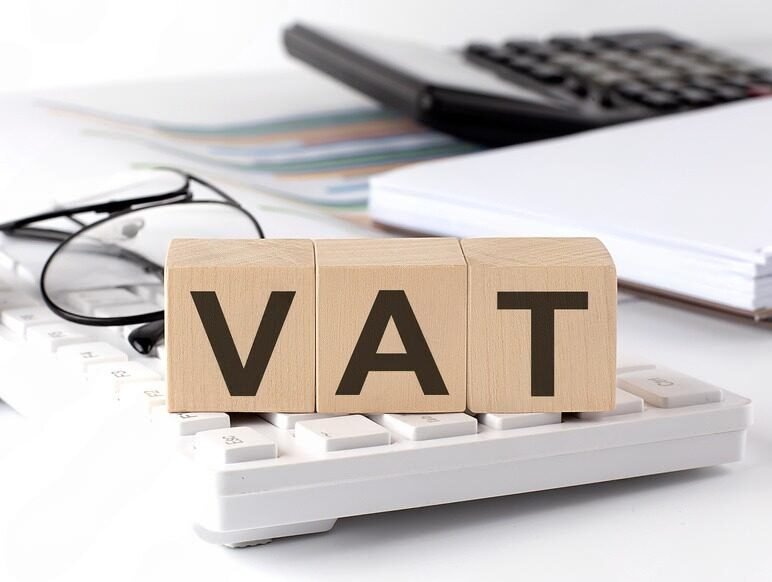
Value Added Tax (VAT) has been part of the UAE tax system since January 2018. With a standard rate of 5%, VAT is relatively low compared to many other countries. Still, business owners in Dubai, Abu Dhabi, and across the UAE must ensure accurate VAT filing to remain compliant with the Federal Tax Authority (FTA).
If you’re a business owner, VAT compliance is not just about avoiding penalties – it also reflects professionalism, transparency, and financial stability. This guide will walk you through the complete VAT filing process in the UAE and help you stay fully compliant.
Why VAT Filing is Important in the UAE?
VAT filing ensures that your business:
- Meets legal requirements set by the FTA.
- Avoids heavy penalties and fines.
- Builds trust with clients, suppliers, and partners.
- Keeps financial records clear and organized for audits.
If you need expert help, check our Tax & VAT Services.
Step-by-Step Guide to VAT Filing in UAE
Step 1: VAT Registration
If your business has an annual turnover above AED 375,000, VAT registration is mandatory. You can apply through the FTA official portal.
Step 2: Maintain Accurate Financial Records
Every registered business must maintain:
- Sales invoices (output VAT).
- Purchase invoices (input VAT).
- Import/export documents.
- Credit and debit notes.
Tip: Using professional accounting software helps minimize errors.
Step 3: Prepare VAT Return Form 201
The standard VAT return is filed using Form 201. This form requires details such as:
- Total sales and VAT collected (output tax).
- Total purchases and VAT paid (input tax).
- Net VAT payable or refundable.
Step 4: Submit VAT Return Online
- Log in to the FTA e-Services Portal.
- Fill in Form 201 with accurate details.
- Review carefully before submitting.
Step 5: Pay VAT Liability
If your return shows tax payable, payment must be made within 28 days after the tax period ends. Payments can be made through e-Dirham, credit card, or UAE banks linked to the FTA portal.
Step 6: Keep Submission Records
Always store receipts, confirmation emails, and reports. These are useful in case of audits.
Common Mistakes to Avoid in VAT Filing
- Filing VAT returns after the deadline.
- Misreporting input and output VAT.
- Failing to reconcile financial records with bank accounts.
- Claiming VAT on non-business or ineligible expenses.
Our VAT consultants in Dubai and Abu Dhabi ensure you avoid such errors.
VAT Penalties in the UAE
The Federal Tax Authority imposes strict fines for non-compliance:
- AED 1,000 fine for first late filing.
- AED 2,000 fine for repeated delay within 24 months.
- Additional daily penalties for late payment.
Pro Tip: Paying VAT on time is always cheaper than penalties.
How MHK Tax Consultancy Helps Businesses
At MHK Tax Consultancy, we specialize in helping UAE businesses with:
- VAT registration & deregistration.
- Monthly & quarterly VAT return filing.
- Tax planning & VAT refund claims.
- VAT audit preparation.
Explore our full services here.
FAQs on VAT Filing in UAE
Here are some quick answers to common VAT questions:
1. When is VAT return due in UAE?
Usually 28 days after the end of the tax period (monthly or quarterly).
2. What happens if I file late?
The FTA applies penalties starting from AED 1,000.
3. Can I claim VAT refunds?
Yes, if input VAT exceeds output VAT, you may request a refund.
Check our full FAQs page for more details.
Final Thoughts
VAT filing is an essential responsibility for businesses in Dubai, Abu Dhabi, and across the UAE. By following the correct process and avoiding common mistakes, you can stay 100% compliant with the FTA.
If you need support, MHK Tax Consultancy offers complete VAT solutions tailored to your business needs.
Contact us today to make your VAT filing stress-free and penalty-free!





